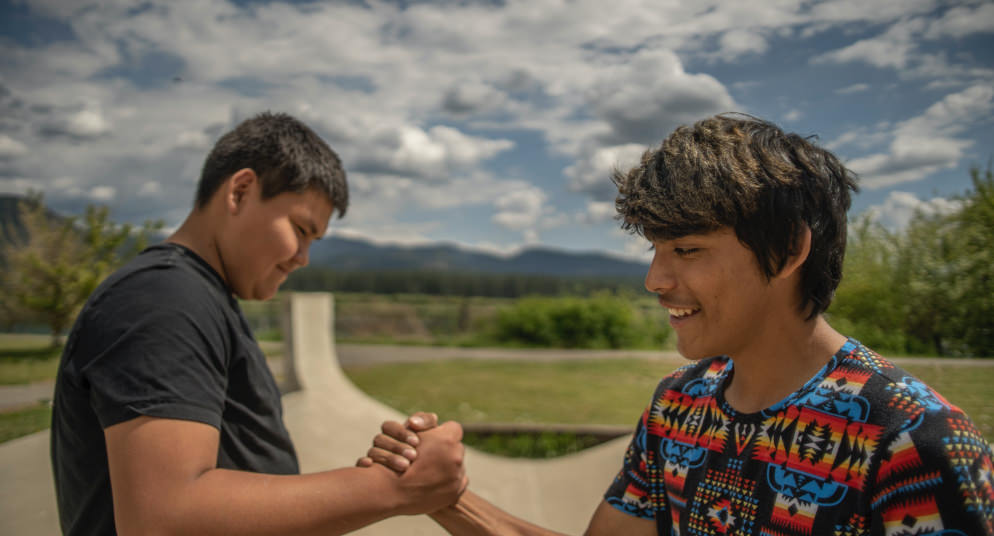HOW TO HELP PREVENT SUICIDE
We ask questions. We listen.
We connect people with support.
'I want to help.'
When a friend or family member is struggling emotionally or having a hard time, good relatives can make a real difference. We can talk with them, and help them get the help they need.
If someone you know may be thinking about suicide, here’s what to do.
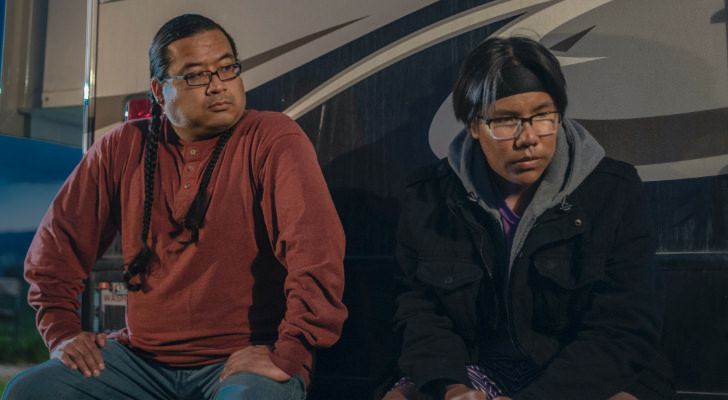
GOOD RELATIVES NOTICE.
Know the signs of suicide. If you observe one or more signs, take them seriously.
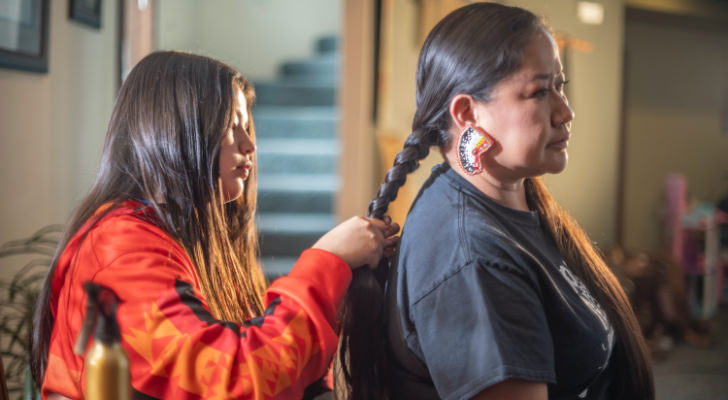
GOOD RELATIVES ASK.
It can feel uncomfortable to ask someone if they’re thinking about suicide. You could start your conversation by saying, “I’m worried about you,” or “I want to help you.” Sometimes a direct approach works best, simply asking: “Are you thinking about killing yourself?”
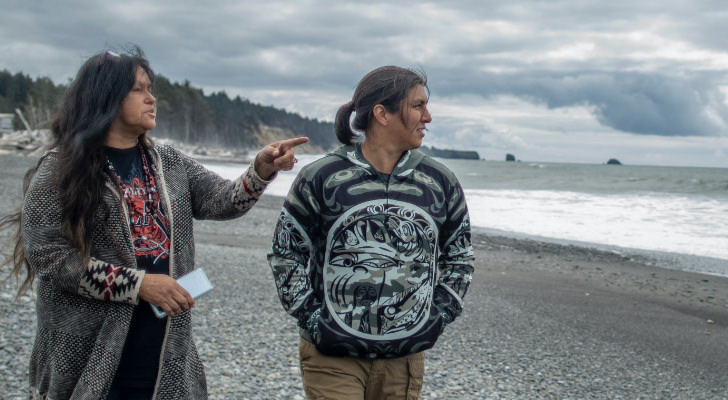
GOOD RELATIVES LISTEN.
Knowing someone cares can people feel less alone. Listen to them with compassion and without judgment. React calmly if they say they’re thinking about suicide or have a plan to kill themselves.
Good relatives keep us safe.
Remove dangerous objects and substances from the places where your friend or family member lives and spends time. Ask if they’ve thought about how they would attempt suicide, and get them away from anything they could use to hurt themselves.
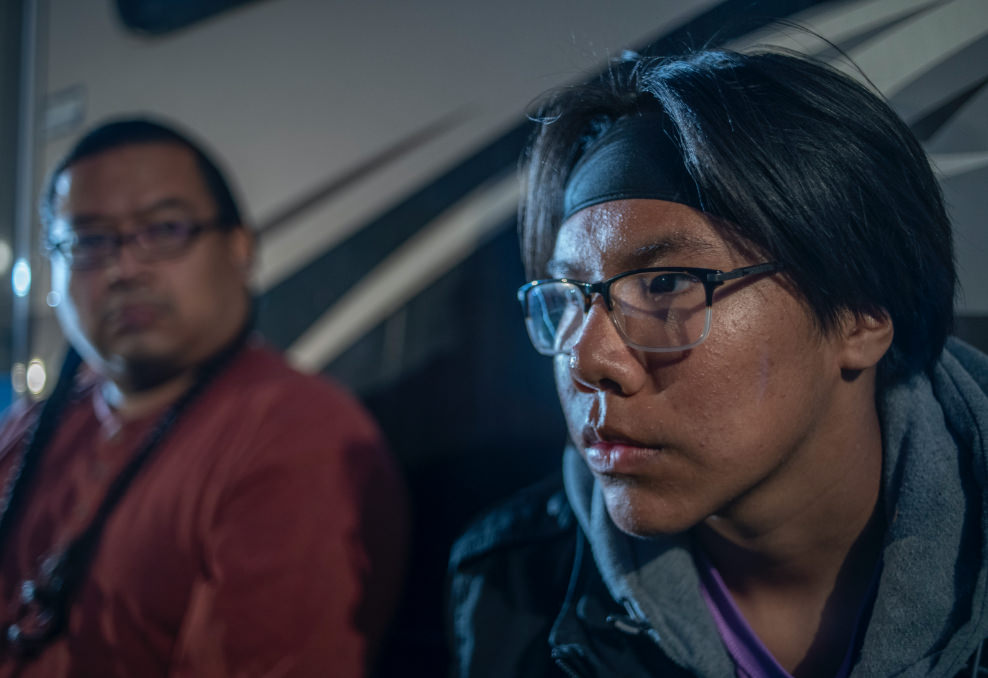
Good relatives get help.
Counselors provide free, confidential support to people struggling with mental health.
Resources for tribes and partners.
The “Native and Strong” toolkit includes videos, social media posts, posters and digital graphics. It’s free to behavioral health care providers, schools, youth programs and others to help prevent suicide among Native people in Washington.
